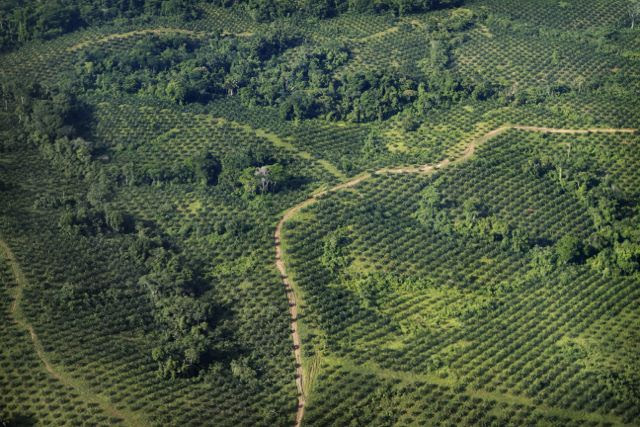
The Ecological Productivity Management Information System (EcoProMIS) aims to develop a service platform that supports not only farmers, but banks, investors, insurers, government, research centres, and any actor interested or involved in any of these two product chains, make better decisions based on information with high levels of precision.
A significant amount of data will contribute to the construction of a decision-making model. The EcoProMIS project includes the installation of weather stations, gas measurement towers and the use of drones. These instruments will collect local information related to climate and greenhouse gas emissions, and together with data from Sentinel 1 and 2 satellites (used for Earth Observation), the project will establish a highly accurate picture of crop performance to inform decision-making.
Subsequently, the EcoProMIS team will be able to make estimates of climate behaviour that may affect production and will build models that predict productivity and optimize crop management. The EcoProMIS project targets palm crops located in the regions of Meta and Magdalena and rice crops in the regions of Casanare and Tolima.
The platform will help producers more precisely plan when to apply fertilizer or when to irrigate, thereby ensuring, through the mix of satellite data and on-farm measurement equipment, that farmers will have optimal benefit and their actions can reduce possible greenhouse gas emissions and result in more sustainable agricultural practices.
According to David Calderón, project coordinator of Solidaridad: “That is why it is called agriculture of the future, because it can allow us to know exactly when, how and why to make decisions on the implementation of good agricultural practices in crops to have the best levels of production with the least possible environmental impact or to know when, how much and why to invest in a certain crop”. For Solidaridad, a global network organization that develops innovative solutions for sustainable supply chains, it is a key project that helps to better enable farmers to produce more sustainably by making use of the latest satellite technology and the Internet of Things (IoT).
The project, which has been successful in securing a funding contribution of almost £4 million from the UK Space Agency’s International Partnership Programme (IPP), launched this year and will continue until March 2021, contributing to UN Sustainable Development Goals such as Responsible Production and Consumption and Climate Action. IPP is a £152 million programme funded by the Global Challenges Research Fund (GCRF) which uses UK organizations’ space knowledge, expertise and capability to provide a sustainable, economic or societal benefit to undeveloped nations and developing economies.
A total of nine organizations participate in this initiative, among which Solidaridad, Cenipalma, Fedearroz, CIAT, the UK Space Agency, Rothamsted Research, Agricompas, Elastacloud and Pixalytics.
